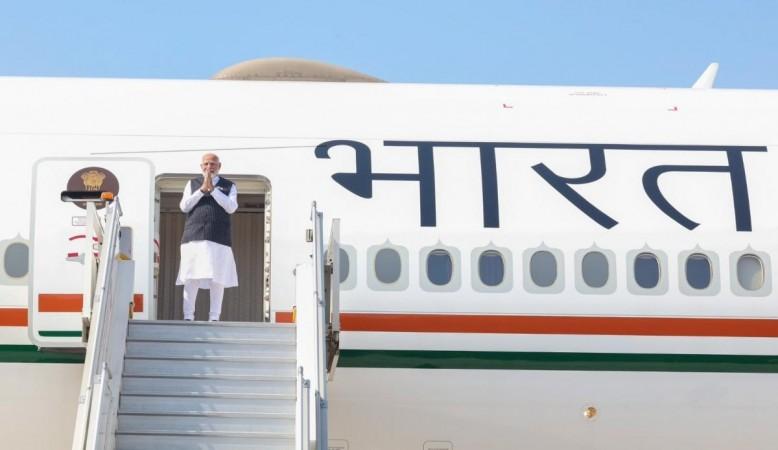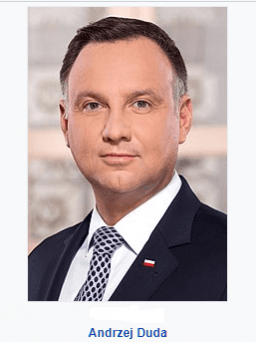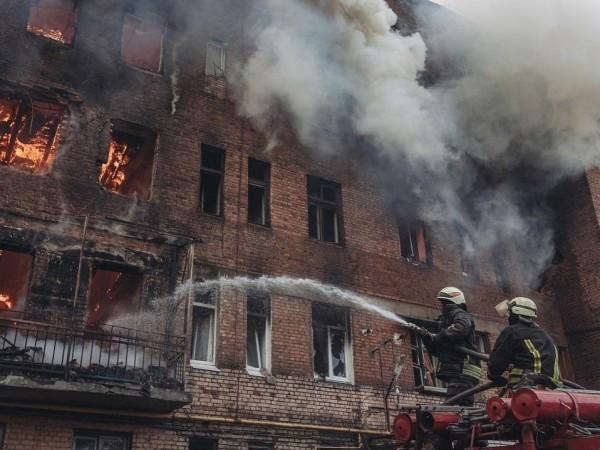
Indian Prime Minister Narendra Modi has embarked on a three-day visit to Poland and Ukraine. This visit marks the first by an Indian Prime Minister to these nations in 45 years and since the establishment of bilateral relations in 1992, respectively. The visit is seen as a crucial step in bolstering India's ties with Central Europe and comes at a time when the world is closely watching the ongoing conflict in Ukraine.
The Prime Minister's visit to Poland coincides with the 70th anniversary of the establishment of diplomatic relations between India and Poland. PM Modi, in his departure statement, underscored the importance of this visit, stating, My visit to Poland comes as we mark 70 years of our diplomatic relations. Poland is a key economic partner in Central Europe. Our mutual commitment to democracy and pluralism further reinforces our relationship.
During his stay in Poland, PM Modi is scheduled to hold bilateral meetings with his Polish counterpart, Donald Tusk, and President Andrzej Duda. These meetings aim to advance the partnership between India and Poland, focusing on various aspects of bilateral ties, including political, trade, economic, investments, education, cultural, and people-to-people exchanges.

The Prime Minister will also engage with the vibrant Indian community in Poland, further strengthening the cultural ties between the two nations. Following his visit to Poland, PM Modi will travel to Ukraine on August 23. This visit is significant as it marks the first visit by an Indian Prime Minister to Ukraine since the establishment of bilateral relations in 1992. The visit comes at a time when Ukraine is embroiled in a conflict with Russia, a situation that has drawn global attention and concern.
In his departure statement, PM Modi expressed his anticipation for the visit, stating, From Poland, I will be visiting Ukraine at the invitation of President Volodymyr Zelenskyy. This is the first-ever visit by an Indian Prime Minister to Ukraine. I look forward to the opportunity to build upon earlier conversations with President Zelenskyy on strengthening bilateral cooperation and share perspectives on peaceful resolution of the ongoing Ukraine conflict.
India has consistently advocated for a peaceful resolution to the Russia-Ukraine conflict through dialogue and diplomacy. PM Modi had previously met the Ukrainian President on the sidelines of the 50th G7 Summit in Italy's Apulia on June 14, where he termed the discussions as very productive. During the meeting, PM Modi reiterated India's commitment to supporting a peaceful solution to the conflict.

The Prime Minister's engagements in Kyiv will touch on a range of aspects of bilateral ties, including political, trade, economic, investments, education, cultural, people-to-people exchanges, humanitarian assistance, and others. This visit is seen as a natural continuation of extensive contacts with the two nations and is expected to forge the foundation for stronger bilateral ties in the future.
India's diplomatic efforts in Europe, particularly in the context of the ongoing Ukraine conflict, have been noted by international observers. The country has maintained a consistent position that allows it to reach out to both sides to find a solution to the conflict through diplomacy and dialogue. In line with this, New Delhi has dispatched tonnes of humanitarian assistance to Kyiv, including essential medicines and medical equipment.
The visit by PM Modi to Poland and Ukraine is a significant diplomatic move that underscores India's commitment to fostering strong bilateral relations with these nations. It also highlights India's role in advocating for peace and stability in the region, particularly in the context of the ongoing Ukraine conflict. As India continues to navigate the complex geopolitical landscape, this visit is expected to further solidify its position as a key player in international diplomacy.

















